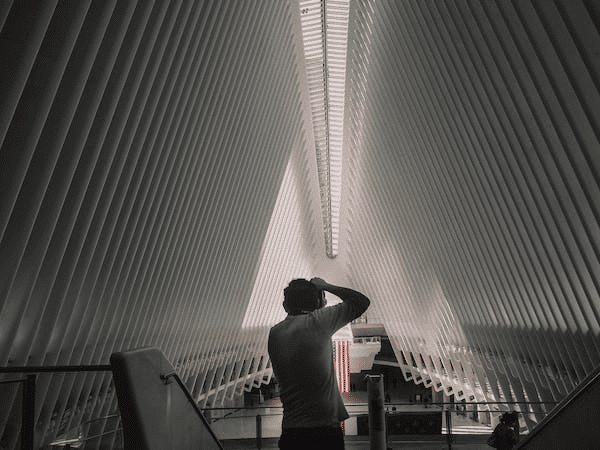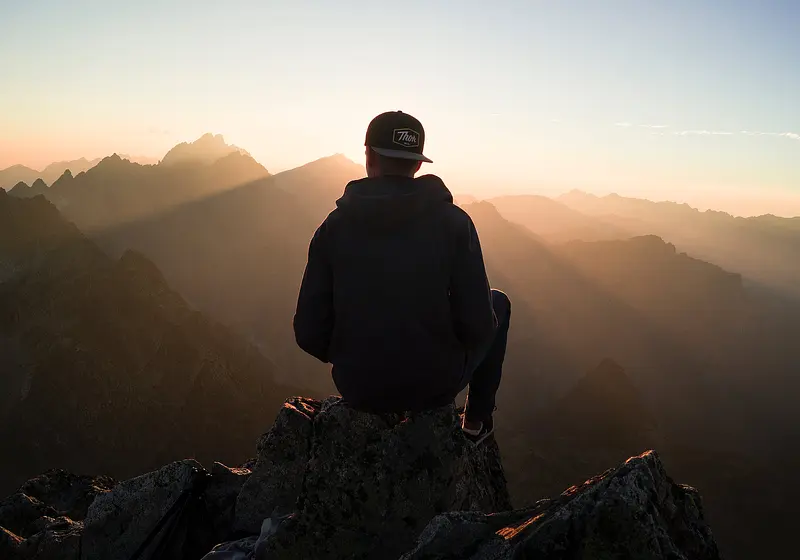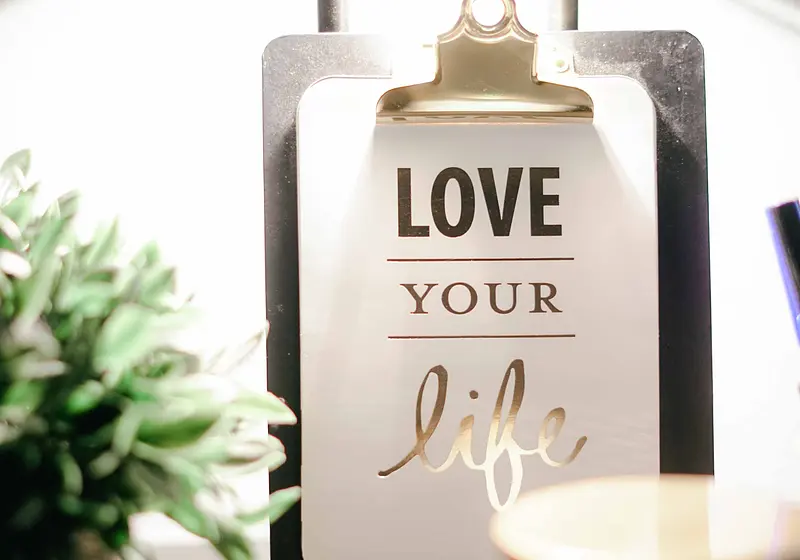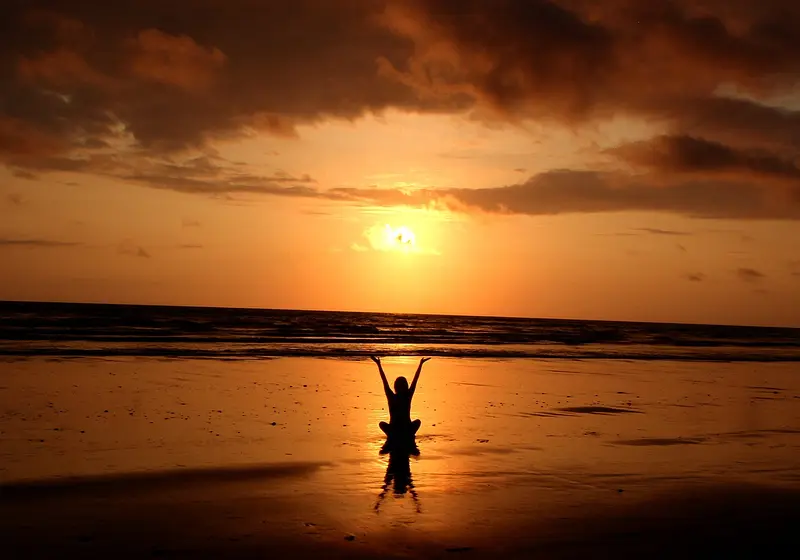The concept of 'romanticizing your life' has surged in popularity on social media since the onset of the COVID-19 outbreak in 2020. The pandemic prompted the United States to enforce nationwide quarantine and social distancing measures to curb the spread. In these isolated times, the 'romanticize your life' movement “asks us to appreciate what we have right in front of us and to live with intention, no matter how mundane our daily rituals might be” (New York Times, The Mundane Thrill of ‘Romanticizing Your Life’)
I was 16 during the pandemic, and like many others in New York City, I found myself confined to a decent-sized apartment with limited social interaction outside of my family. Quarantine stripped away my main source of communication with the outside world: high school. In its place emerged online schooling, forcing students to assimilate into the world of the Internet.
I’ve always thought that the internet was grossly overrated and a danger to privacy and security, so I never gave it too much attention. I had a small, private Instagram account, an exceedingly small Snapchat account, and most importantly, no TikTok account. So, the transition hit me like a culture shock reminiscent of a boomer’s experience with the first iPhone.

For a while, I tried to resist the transition to the online world, assuming COVID-19 would die as quickly as it was born. I decided to try to schedule my break from reality all for myself. I fell into a routine of self-care activities that involved the same jog, gym visit, writing, and prompt hygiene breaks at the same time every day.
However, the days soon became an indistinguishable pile of grey. The sky wore a familiar color every day, accompanied by endless rain spells. These routines made the world seem even more empty and monotonous than it already was. I often questioned: 'Where has the beauty of life gone? Or is it still here, and I've grown desensitized to it?'
It’s bittersweet to know I'm not alone. The World Health Organization says “In the first year of the COVID-19 pandemic, the global prevalence of anxiety and depression increased by a massive 25%”. Nothing more could be expected when a world previously reliant on the prosperity of bustling industrialism must put complete faith in the digital stratosphere, which hasn’t been around longer than most grandparents.
Many were laid off from their jobs in factories and construction sites because of social distance. Within that time “Real gross domestic product fell abruptly to 9 percent below its level at the start of the recession”. There wasn’t much reason for the mass majority to be comfortable or content.
In that physical cage, my mind eventually traveled to the possibilities of digital life. I was sure my peers who already had established online presences pre-pandemic were having an easier time adjusting, so I felt pressured to catch up in my free time.
To social media, I went.
Ironically, it was at this period of global social distance that I was most privileged to romanticize my life. Although I was stuck inside with unlimited days off, the influence of social media tinted reality through kaleidoscope lenses.
And for once, life felt alive again.

Image Credit: Guntass from Pexels
I used bubbly skin care and gym motivation videos as inspiration to improve my routine. In between Zoom classes, I joined Solluminati’s gazer ritual, allowing my healthy dark skin to radiate under the sun's warm kiss. Eventually, I gained the courage to make friends and work with peers through online group chats on social media. Not to mention, I discovered my love for journalism through attempts to document daily activities in exciting ways like my favorite online personalities.
Influencers on TikTok, YouTube, and Instagram taught me to genuinely enjoy humor in all its forms. I learned to find gratification in smiles and laughter, allowing even the simplest forms of humanity to satisfy me. Once I made that mental change, I held the power to transform mundane routines into wholesome moments worth remembering. By elevating the most ordinary experiences, life began to feel like a collection of personal accomplishments to be proud of.
Emma Chamberlain, a famous slice-of-life YouTube/podcaster, suggests that this trendy style of living can be a slippery slope. On a podcast episode of Anything Goes Chamberlain begins by relating symptoms of ‘romanticizing your life’ to feeling “like the main character of a movie” while “listening to music walking down the street in New York City.” She emphasized the pleasures of practicing aestheticism, and even vouched for the positive effects ‘romanticizing your life’ has on mental health. “In a lot of ways, I think it can be really healthy,” says Chamberlain.

Image Credit: EM from Pexels
I’m happy Chamberlain was able to capture peace along her lonely road to internet stardom. She abandoned tradition as a miserable 16-year-old, refusing to attend high school after her sophomore year. The alternative was YouTube, which Chamberlain initially used as a venting mechanism.
Ironically, Chamberlain’s rise to stardom in 2018 through said videos was centered around romanticizing all parts of life- before it was popular. She didn’t hide the hardships of puberty and identity crises from the world as most teenagers are accustomed to. For every aesthetically pleasing video of baking cupcakes, there were videos titled “How to have a bad photoshoot disappointing.”
All components of her content were strategic and dramatic in a way that told a real story. I’m often reminded of realistic fiction novels and movies; visual art that leans into a heightened version of reality to tell a story sympathetic to its audience.
Chamberlain’s content raises a question I’ve pondered recently: Can the depressing parts of life be romanticized as well? Every person has a story behind every aesthetic moment online, and Chamberlain exposes the beauty of having control over both narratives.
I failed to separate the two narratives once school came back around in person. Achieving perfection through scheduled regimes of plush activities became my life. It wasn’t until a group chat with friends changed me for good that I realized that, in some ways, ‘romanticizing your life’ can be obnoxiously ignorant.
Which is truly the point. I encourage ‘romanticizing your life'; I draw the line with the desensitization of life that comes with the overuse of said mindset. Humanity is not pure.
As hard as we can try to hide behind screens and invisible masks in the digital world, reality isn’t as oblivious. It isn’t healthy to hide the woes of growing up from yourself. It’s more useful to use positive practices as tools to make managing those woes easier. That balance is the key to reclaiming your time and space, all while enjoying the pleasures of ‘romanticizing your life.’












